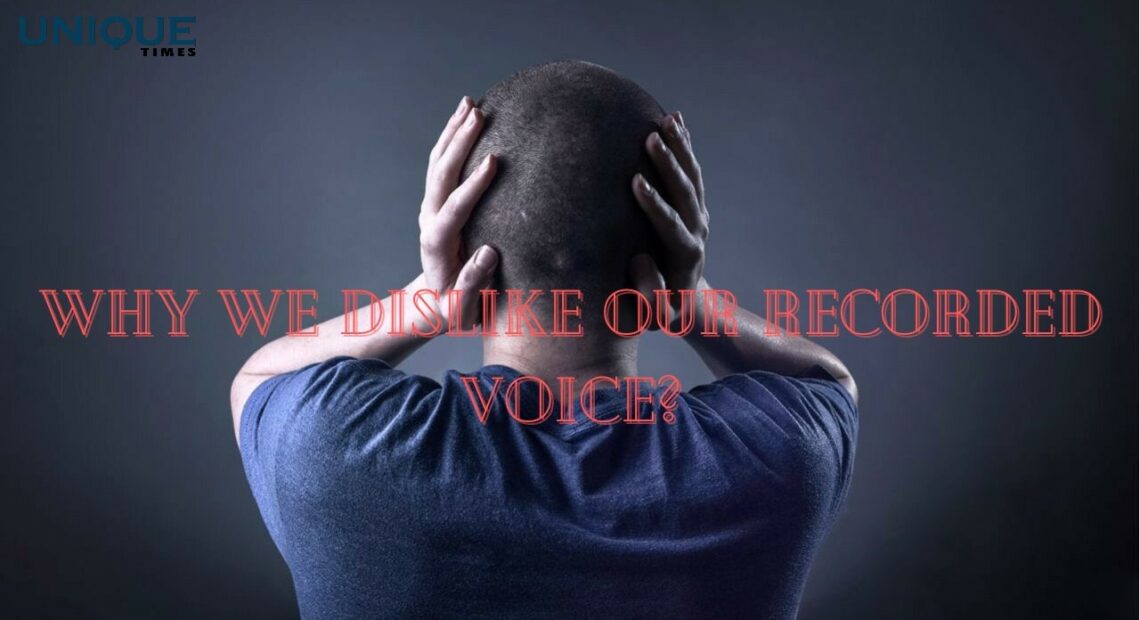Unraveling the Mystery: Why Do We Dislike Our Own Recorded Voice?

Have you ever wondered why you cringe at the sound of your recorded voice? You’re not alone in this experience. Many people find it difficult to listen to recordings of their own voices, often feeling discomfort or even distaste. Let’s dive into the psychological and scientific factors behind this intriguing phenomenon.
Unfamiliarity Breeds Discomfort: When we hear ourselves in everyday life, we experience a unique blend of vibrations from our vocal cords and the way sound resonates in our head. This creates a richer and deeper tone that we become accustomed to. However, when we listen to a recording, we hear a version of our voice that lacks those internal vibrations, making it sound higher and unfamiliar.
Cognitive Dissonance: Our brain constructs an identity around our self-perception, and our voice plays a significant role in this. When the recorded voice doesn’t match our internal perception, it creates cognitive dissonance, a psychological discomfort arising from the inconsistency between our self-image and the reality.
Idealized Self vs. Reality: We often have an idealized version of how we sound, influenced by our inner thoughts and how we want to present ourselves to others. Hearing our actual recorded voice shatters this idealized self, leading to a sense of vulnerability and unease.
Voice as Identity: Our voice carries a sense of identity and personal history. It’s how we express emotions, convey thoughts, and connect with others. Any discrepancy between the voice we know and the one we hear can feel disconcerting, as it challenges our sense of self.
Neurological Factors: The brain’s auditory system is wired to process sounds externally and internally. When we speak, our vocal cords and the bones in our head conduct sound to our ears, creating a distinct auditory experience. Recordings eliminate these internal vibrations, resulting in a sound that our brain isn’t accustomed to interpreting as “ours.”
Overcoming Discomfort: Understanding the science behind our discomfort with our recorded voice can help us be more compassionate with ourselves. It’s crucial to recognize that how we perceive ourselves is a complex interplay of psychological and physiological factors. Gradually exposing ourselves to our recorded voice and reframing our perspective can help diminish the unease over time.
Conclusion: The discomfort we feel when listening to our recorded voice is a fascinating blend of psychology, neuroscience, and self-perception. It’s a reminder of how intricate our relationship with our identity and sense of self truly is. Embracing our recorded voice with understanding and patience can lead to a more harmonious acceptance of this unique facet of our existence.
Picture Courtesy: Google/images are subject to copyright








